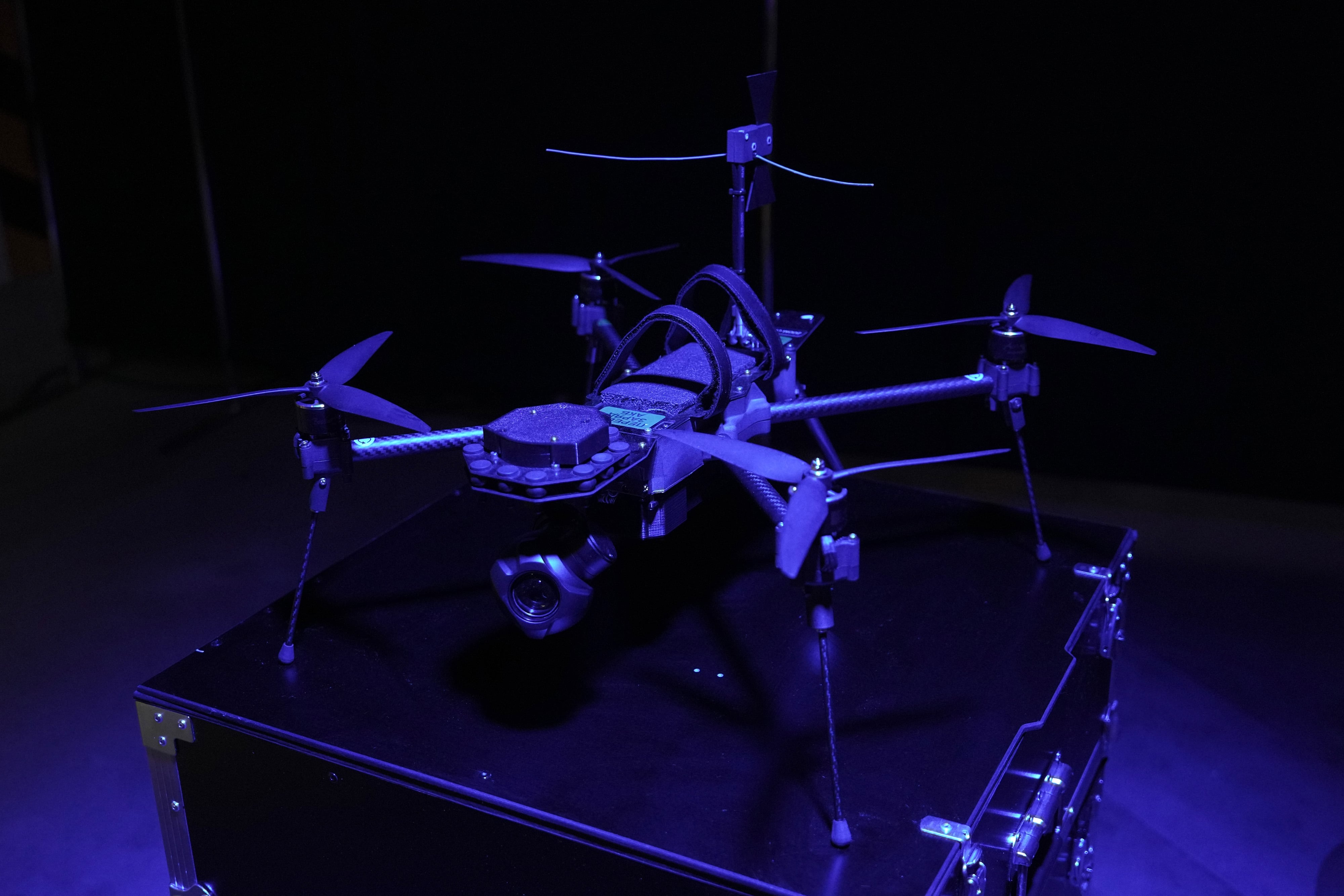Synthetic biology advances have become more easily accessible, increasing potential biological threats. In response, the Intelligence Advanced Research Projects Activity, or IARPA, is working with companies to develop products designed to detect and predict potential bioterror threats, such as synthetically designed viruses like smallpox.
Ginkgo Bioworks, a biotechnology company, announced June 27 that it is participating in a suite of government programs to work on biosecurity initiatives. The Boston-based company has been awarded multiple contracts with a ceiling of $64 million.
Ginkgo is participating in IARPA’s Functional Genomic and Computational Assessment of Threats program, which develops tools to characterize biological threats by analyzing biological data by function. The goal is to detect and prevent the misuse of synthetic biology, which is the design and construction of biological systems like DNA.
Ginkgo is working as part of a team of bioengineering companies such as Battelle and One Codex, as well as synthetic DNA supplier Twist Bioscience.
IARPA has also awarded Ginkgo a contract to co-develop deep-learning technology to detect synthetically engineered DNA with Northrop Grumman, an aerospace and defense company, as part of the Finding Engineered Linked Indicators program.
“Synthetic biology expands what is possible in creating new weapons. It also expands the range of actors who could undertake such efforts and decreases the time required,” a report by the National Academy of Sciences on the state of American biodefense said.
The announcement of contracts awarded to Ginkgo and other bioengineering companies comes after the report, commissioned by the Department of Defense, encouraged DoD to pursue defense technology to account for the growing threats of synthetic biology.
In addition to work with IARPA, Ginkgo announced that Andrew Weber — former assistant secretary of defense for nuclear, chemical and biological defense programs under the Obama administration — will serve as an adviser on Ginkgo’s projects.
“These are exciting new tools that offer the opportunity to take the global threat of biological weapons off the table,” Weber said.
Maddy is a senior at George Washington University studying economics.








